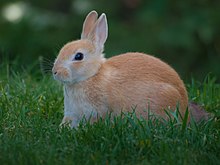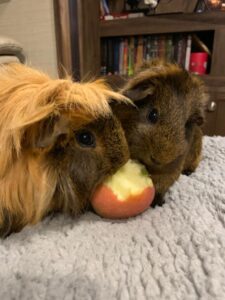
Preventative Care

Neutering
There are many benefits to having your pet neutered. Some of these benefits include:
- Prevention of unwanted pregnancies
- Reduce the risk of various health problems associated with unneutered pets
- To help stop behaviour problems, frustration & aggression
- Prevention of straying








Prescriptions
Prescriptions are available from Moorgate Veterinary Group. You may obtain Prescription Only Medicines, Category V (POM Vs) from your veterinary surgeon or ask for a written prescription and obtain these medicines from another veterinary surgeon or a pharmacy. Our veterinary surgeons may prescribe POM Vs only for animals under their care. A written prescription may not be appropriate if your animal is an in-patient or immediate treatment is necessary. You will be informed, on request, of the price of any medicine that may be prescribed for your animal.
The general policy of this practice is to re-assess companion animals requiring repeat prescriptions every 6 months, but this may vary with individual circumstances. A charge is made for this service. A written prescription fee is payable, this covers the time it takes to consider dosage, interactions, best preparation to use, record keeping etc.
We ask for 48 hours’ notice for repeat prescriptions to be prepared. This allows the vets to individually check each prescription. Not all medications are kept in stock but are available on next working day delivery.


Nurse Clinic
As fully qualified and experienced Veterinary Nurses they are able to offer a number of clinics to advise pet owners on the following areas of preventative healthcare:
- Post operative checks: after surgery such as neutering and lump removals we need to see our patients back for an assessment to check that the wound is okay, that your pet has coped well with the surgery and for any sutures to re removed.
- Weight & dietary advice: for any patients who may have trouble controlling their weight. Dietary advice and regular monitoring is available.
- Maintaining healthy teeth and gums: available as a routine check or post dental treatment. Our RVNs can advise on all aspects of dental hygiene.
- Behaviour clinics: basic advice available on many issues.
- Senior wellness clinics: advice is available on all age related matters.
- Puppy & kitten clinics: to help you with the first few months of your new pet.
- Diabetes clinics: ongoing monitoring in this disease is essential and our RVNs are here to help.
The following services are also available to pet owners:
- Microchipping
- Administration of medicines (including flea & worm treatment)
- Nail clipping
- Re-bandaging
- Tick removal

